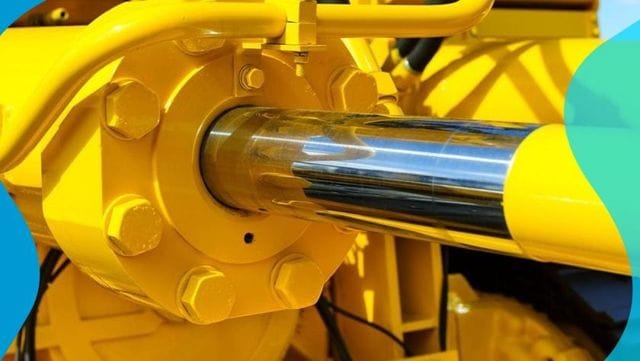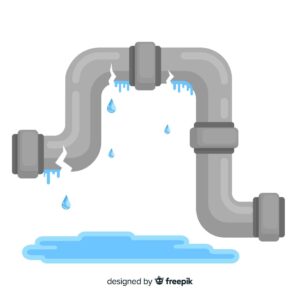Sometimes your hydraulic system may stop working as it should. It can be due to a failing pump or a major leak. This can bring productivity to a stop both figuratively and literally. You should start tracking the source of the problem down to see if you will need to purchase any extra industrial equipment or parts that are needed for repair. One of the things this involves is troubleshooting. This requires experience, skill, and common sense as well. In this article are some tips to help with the process of troubleshooting hydraulic systems.

1. No fluid flow
If there is no fluid flow within the hydraulic system, it is a serious issue with various sources. To begin with, you need to determine where the fluid flow is stopping from, for instance, the fluid is not exiting the outlet, and you have to replace the pump motor, or it could be sheared coupling between the drive and pump or the pump is not receiving fluid from the inlet. Also, check if the directional valves of the pump are in the correct position and if the pump rotation is correctly set. Among all the causes of no fluid flow, a damaged pump that needs to be repaired or replaced is the most expensive.
2. Excessive vibration or noise
Excessive noise or abnormal vibration is a common issue with hydraulic systems. If the pump is noisy, check if you are using the correct fluid and if the oil level is enough and that the oil is not foamy. If your oil is foamy, this can lead to expensive damage and cavitation as it points to air in the fluid. Also, verify you did not plug the suction line and inlet screen. Internal issues are also possible for both hydraulic motors and pumps, such as misaligned or worn bearings. Make sure the couplings are tight and secure. Since the pipe and pipe clamps will vibrate if you do not secure them well.
3. Leaks
The impact of performance can be due to not fixing a small leak. Plus, if fluid can find a way out of the hydraulic system, contaminants will also find a way into the system. Most leaks are a result of damaged hydraulic lines, worn-out seals, or bad connections. Looking for the source of the leak can be dangerous and challenging. Importantly, do not try to locate a leak using your hand as the system is running, for the high-pressure hydraulic fluid will not only puncture your skin but get trapped beneath, resulting in an injection injury. Thus, use cardboard to detect leaks instead of your hand. If the leak is from the pump or motor, the cause could be a worn-out gasket or seal needing replacement.
4. Overheating hydraulic fluid
Overheating is a bad sign of the hydraulic system. It leads to the system working at sub-optimal levels. Some of the causes of this can be fluid levels are too low or contaminated hydraulic fluid. Also, oil passing through the relief valve for a long period can cause overheating. In such a case, set the control valve to neutral when you are not using the system. Internal leakage due to worn-out components within the system also leads to excessive temperatures. Also, dirty filters, restrictions in the line, and low hydraulic fluid viscosity can lead to overheating too.
5. Slow operation
Is your hydraulic system working more slowly than normal? The hydraulic fluid may be thick because of cold temperatures or the hydraulic fluid you are using is inappropriate. Also, restrictions in the line, air trapped in the system can be a reason for the slow operation. Badly worn hydraulic components are another potential issue, such as motors, pumps, valves, and cylinders.
6. Low Viscosity
Low viscosity is not only a symptom, but it can also be its problem. Thus, determine why the fluid is not as viscous as it should be to know how to improve the functioning of your hydraulic system. Check the damage to the oil, presence of water in hydraulic fluid, or use of the wrong type of hydraulic oil. Whatever the case is in these three options, you need to flush the system and replace the oil.











